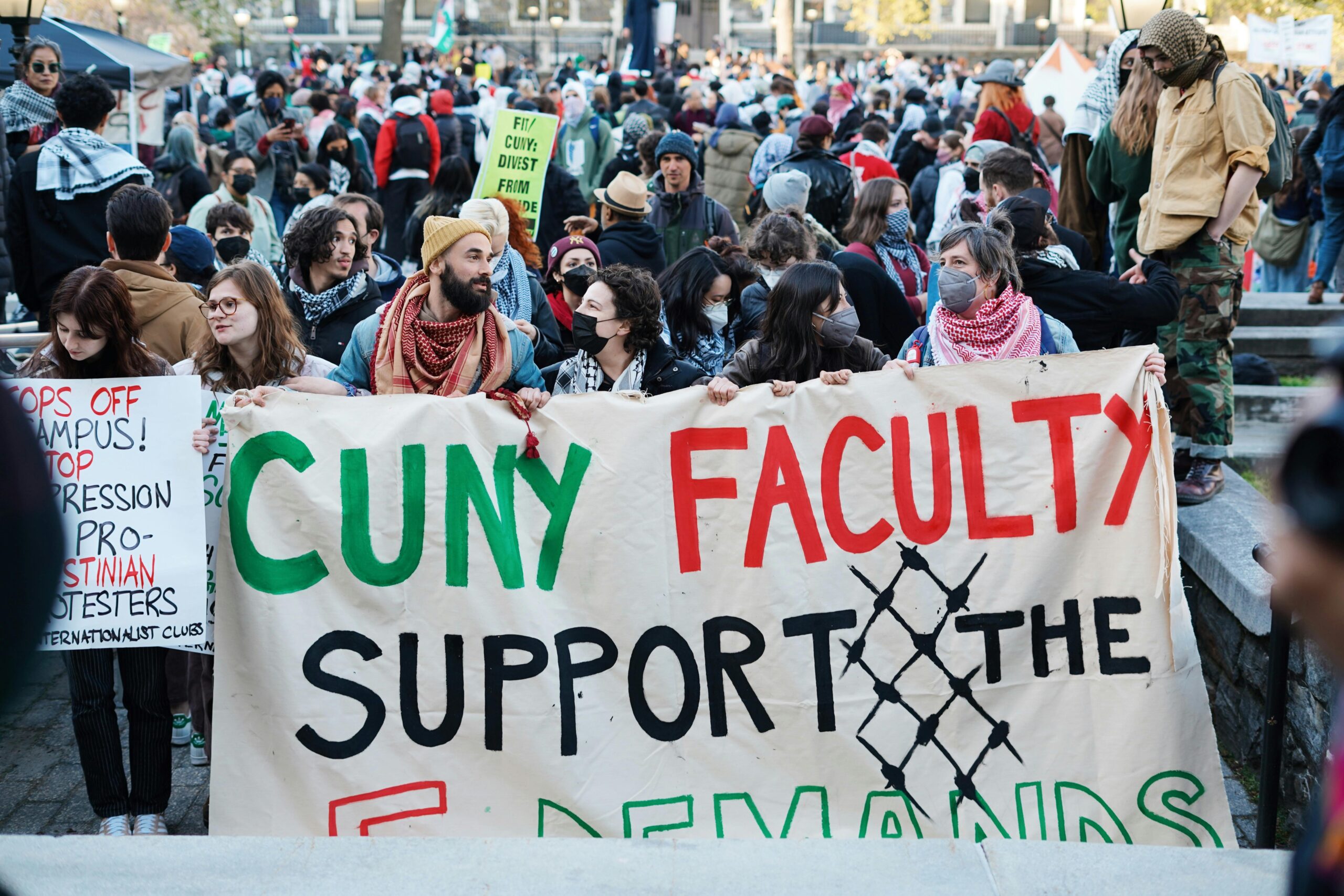Really? How could you possibly?
There are certain occasions when people say things that totally rub me the wrong way. “I know the pain you are suffering,” or “I know just what you are going through.”
Help, everyone! Please think before you say or write things to people.
Interestingly, chazal obviously knew much about life when they came up with the halachic wisdom that when entering a shiva home it is deemed incorrect to speak to anyone sitting shiva unless they address you first. It is definitely uncomfortable to be in a home with complete silence, but that is the way that it is supposed to be unless one of the mourners speaks directly to a visitor.
I have attended such shivas where no one says a word. It is extremely unpleasant yet it is almost beautiful because there is absolutely nothing to say. (Especially to people who hardly knew the deceased, and in many cases the people sitting shiva do not know the visitor.)
Reading comments responding to obituaries:
“We are so sorry. We lost our 92-year-old mother five months ago and can truly understand how difficult it is for you.” (Mother in this case was 46.)
“Be strong, the sun is shining.”
“He was a wonderful father and husband,” said the bank manager, who had no idea what went on privately in their home.
I think that I am especially sensitive to situations where people say the most insensitive things. So many times people have told me how they can totally understand our life because one of their children broke their leg and needed considerable help until they recovered. Sure, that is similar to having a child who will never walk in her entire life and needs help with every aspect of her personal care.
What we think of as thoughtful words or caring gestures can often be misinterpreted. There are times, as difficult as it might be, to wait for others (even if they are close friends) to share their feelings with us before we take the unwelcome plunge and say something. I remember a case where a woman in Montreal came to discuss the fact that a very good friend of hers had a son who was not developing normally. They were together frequently, but her friend never said a word about him and never confided any information to her even though they spoke about practically everything. She was hurting for her friend but did not want to bring up the subject, which she realized was probably too painful for her. She wanted to bring her son over to play on Shabbat with this other child but felt that because they kept him so isolated from everyone that she would be pushing herself into an unwelcome situation.
I am sure that this is not an isolated incident. Today in our communities there are parents who are struggling with sharing their children’s diagnoses. I promise everyone that not talking about it does not make it go away. This is another situation where people should never reply with their own idea of how such a situation should be handled; they should never ever compare anything in their lives to what their friend is dealing with; they should listen and love.
Do not pretend to be a doctor, psychologist or psychiatrist. Remember that all you are is a caring friend, and that is actually more important than anything else. When someone is ready to share, they will. It is a lonely time for those who receive a daunting diagnosis about a child, and they need time to absorb and digest what they have been told prior to being able to share it with even their closest friends and acquaintances.
Now that we have begun the month of Elul, when undoubtedly most of us want to concentrate even more on doing the right thing, I believe that it is time to learn from the experiences of others how to handle ourselves in what are everyday uncomfortable situations. In most cases it is best to hold one’s tongue instead of saying something that might be unintentionally hurtful or insensitive. The best intentions that we might have are not always interpreted that way.
Think before you speak. What I have learned is that even though we think we would appreciate certain behaviors, others might find them intrusive and hurting. We need to give everyone their own space and time to figure out what they are most comfortable with.
Nina Glick lives in Bergenfield with her husband, Rabbi Mordechai Glick, after many years of service to the Montreal Jewish community.













